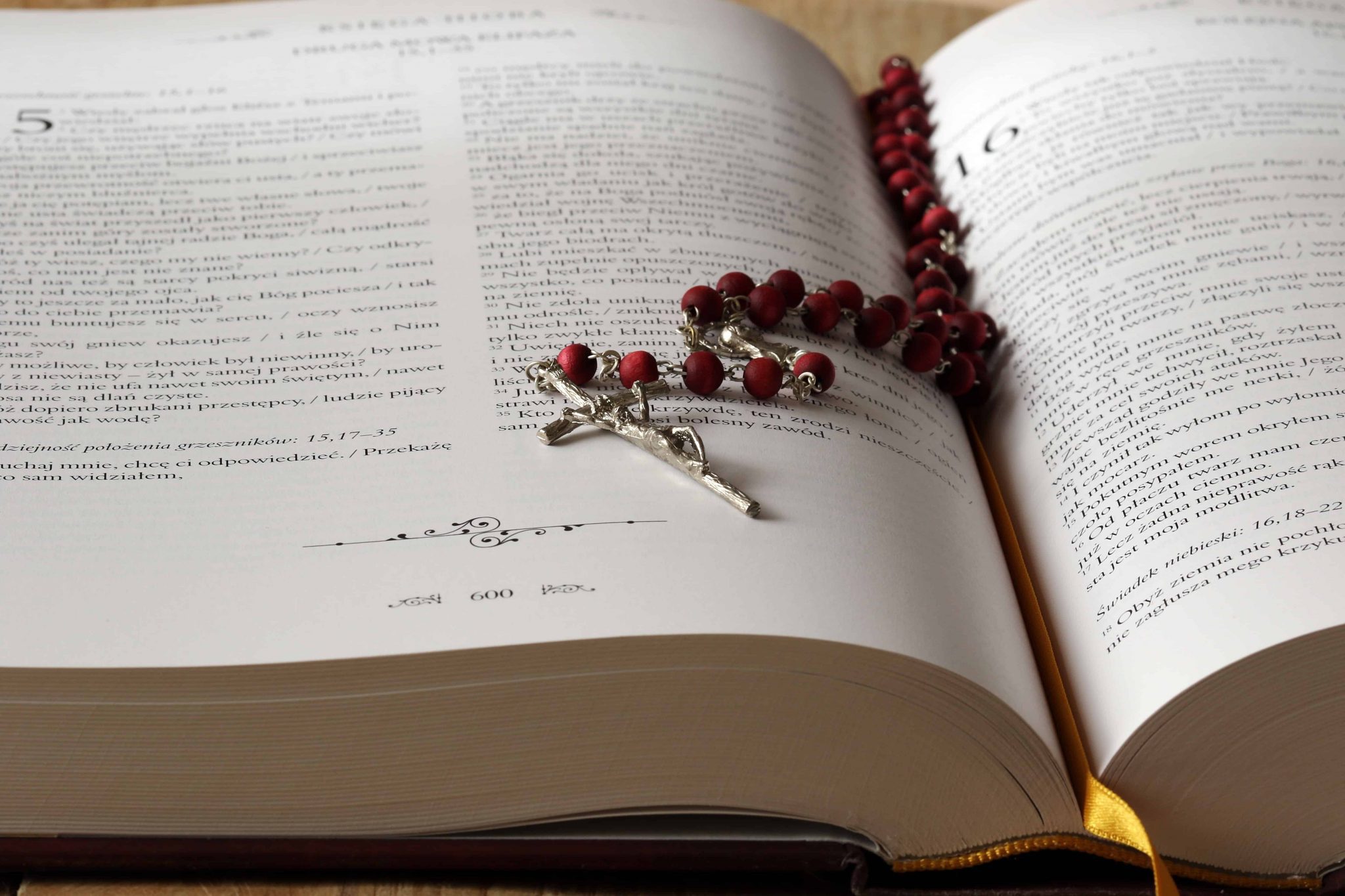Third Sunday in Ordinary Time
Today we begin our reading of the story of the ministry of Jesus in the Gospel of Matthew, which will take us until the end of the liturgical year. We hear the evangelist’s summary of Jesus’ message: ‘Repent, for the kingdom of heaven is close at hand.’ Matthew precedes this with a quotation from the Hebrew Scriptures, which he declares to be fulfilled. Jesus brings light not only to Israel but to the nations too, to all those who ‘live in darkness’.
From the very start he calls disciples. They leave everything at once to follow Jesus. The message of Jesus and his very personality invite them to take this risk. They accompanied him as he ‘went round the whole of Galilee’. This is the first location for the preaching of the good news and for the healings of Jesus, the place where the gospel is warmly welcomed. We will hear more about these activities in the weeks to come.
Second Sunday in Ordinary Time
Despite the fact that we have now re-entered the ‘ordinary time’ of the liturgical year, there is something of a reluctance to leave the Christmas season behind. The first reading, just like last Sunday, is taken from the ‘songs of the servant’ in the book of Isaiah. This time we hear that the servant is to bring light and salvation ‘to the ends of the earth’. There is a clear echo here of the feast of the Epiphany and the people of the earth seeking the light of God. Furthermore, the gospel reading today is taken from the first chapter of John. We shall have to wait until next week to begin listening to the account of Jesus’ ministry found in the Gospel of Matthew, the gospel laid down to be read this year.
The Gospel of John, known also as the ‘Fourth Gospel’, contains in its first chapter the magnificent ‘prologue’, read at Christmas, which begins with the mighty words ‘In the beginning was the Word.’ There follows a portrayal of John the Baptist, which differs in many ways from his presentation in other gospels. As shown in today’s gospel, for this evangelist John the Baptist is above all a witness. There is no detailed presentation of the baptism of Christ. Rather, the Baptist proclaims the abiding presence of the Spirit with Jesus. This evangelist is not interested in the self-abasement of Jesus in accepting baptism from John, but focuses on the witness to Jesus given by the Baptist.
In this gospel reading John points out Jesus with the words: ‘There is the Lamb of God!’ These words recall the Passover lamb, slaughtered at the exodus from Egypt and year by year in the Jewish Passover feast. As the blood of the lamb was a sign of salvation for the Jews in Egypt, so the blood of Christ brings God’s salvation and freedom to those who accept him.
The Epiphany of the Lord
The story of the magi carries with it an extraordinary richness. In it the evangelist teaches us about the mission of the Son of God. Jesus is ‘made manifest’ (epiphany = manifestation) as Messiah not only for his own people, but for those who come ‘from the east’, for all the peoples of the earth. At the same time this is the Messiah heralded by the prophets. The Scriptures are fulfilled.
This Messiah is born into danger, as the cruel tyrant, known to history as ‘Herod the Great’, is the first to threaten his life. The gift of myrrh alludes to the death he is to suffer. The presentation of gifts from the peoples of the world completes the Christmas scene. The magi represent the nations, but also the age-old quest among the peoples of the earth for true wisdom. This wisdom is found in Christ.
Solemnity of Mary, The Holy Mother of God
Most of this gospel reading for the feast of Mary, Mother of God, the octave day of Christmas and the first day of the calendar year, has already been heard as the gospel for the Dawn Mass of Christmas Day. The final verse is added today. It is particularly appropriate, since this is the eighth day, the octave day, of Christmas.
But there is a more important reason why reading these verses today, one week after Christmas Day, is different. We are asked to focus on the role and on the behavior of Mary, the mother of the Messiah. This feast on the octave day of Christmas was instituted in the liturgical reforms of the Second Vatican Council. It replaces the feast of the Circumcision of our Lord. It is most appropriate that we should focus on Mary on this day.
The coming into a human life of the Son of God could only happen with the collaboration of this humble woman of Nazareth. God respects our human freedom. Mary was invited to work for God in this unique way. Her response to the invitation was a courageous and generous ‘yes’. Her fiat is a turning point in history for it enables the Son of God to become a human being. Her fiat is an example to all those who, like Mary, endeavor to do the will of God by following Jesus.
On this solemn feast we continue to commemorate the birth of Jesus. We acknowledge the consequences of this birth for us, as St Paul writes in the reading from the Letter to the Galatians: ‘at the appointed time God sent his Son, born of a woman’ in order to redeem us and offer us adoption as children of God. Our first reading, from the Book of Numbers, invokes God’s blessing on God’s people as the new year begins.
